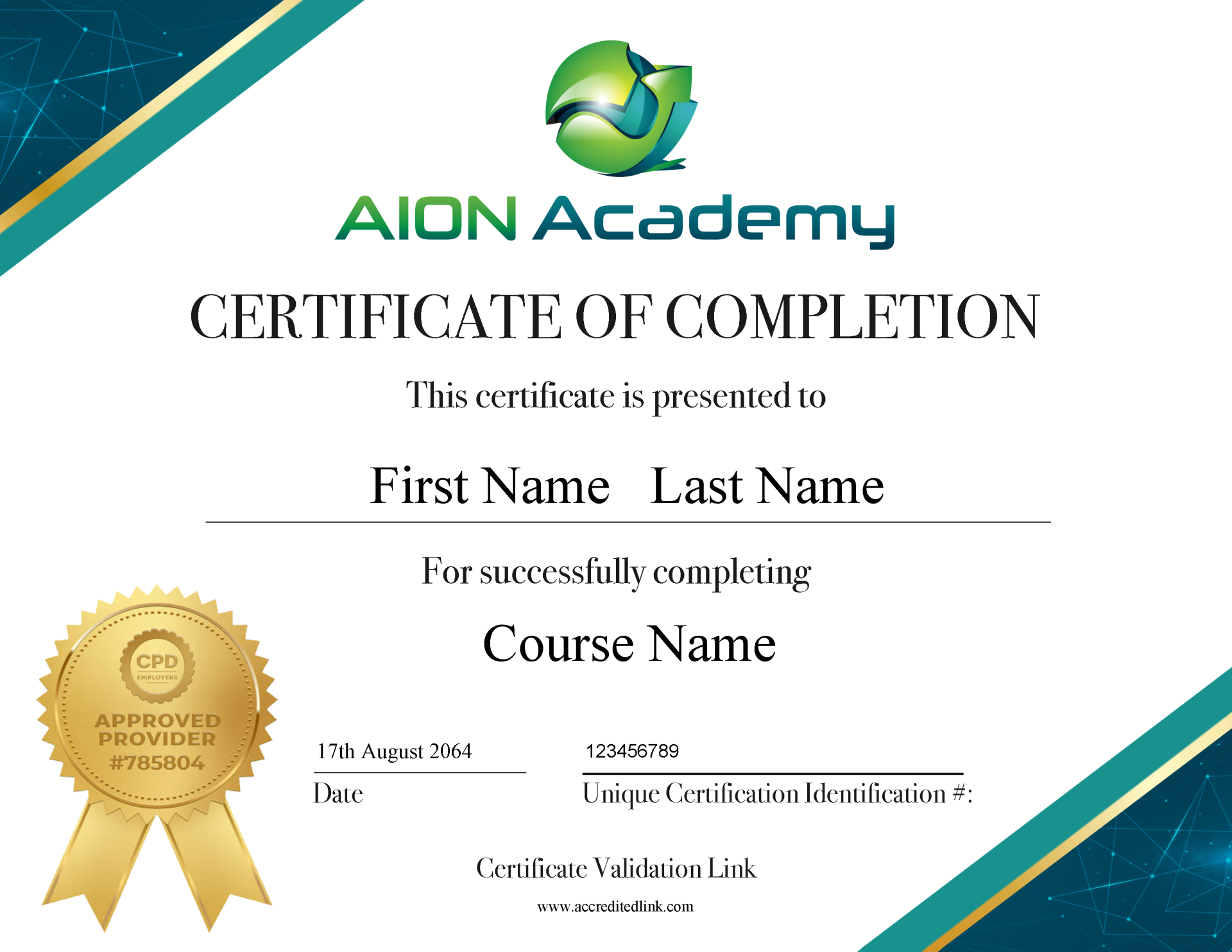Risk Management
-
Author: International Management Institute
-
Level: Advanced
-
Study Time: 33 hours
-
Reading Time: 24 hours
-
Exams: 3
Get certified in risk management, focusing on identifying and mitigating risks in business operations.

Upon successful completion of this course, students will receive a certification demonstrating their ability to identify, assess, and manage risks. This certification highlights skills in creating risk management plans, evaluating potential risks, and implementing strategies to minimize their impact on business objectives and operations.
What's included?
-
40 Chapters
-
1 Certification
-
150 Questions
-
15 PDFs
Become a Risk Manager
A Risk Manager is responsible for identifying, analyzing, and managing risks that could potentially harm an organization. They develop risk management plans, implement mitigation strategies, and monitor risks continuously to protect the company from financial, operational, and reputational harm. This role requires strong analytical, strategic, and decision-making skills.
Personal Value
Completing this course will provide you with the knowledge and tools to safeguard your organization from potential risks. You’ll develop the ability to think proactively, mitigate threats, and ensure the long-term success and stability of your business, positioning you for advancement in risk management and leadership roles.
International Management Institute
The International Management Institute (IMI) is a global institution dedicated to advancing leadership and management education. With a strong emphasis on innovation, strategic thinking, and practical skills, IMI equips professionals to succeed in today's competitive business environment. Through a diverse range of programs, expert faculty, and a collaborative learning approach, IMI empowers individuals and organizations to drive sustainable growth and make impactful decisions worldwide.
Risk Management
This course qualifies you in risk management strategies, including identifying, analyzing, and evaluating risks, developing mitigation plans, and applying risk control measures. You will gain the expertise to protect an organization from potential threats and ensure sustainable growth by implementing effective risk management practices.

